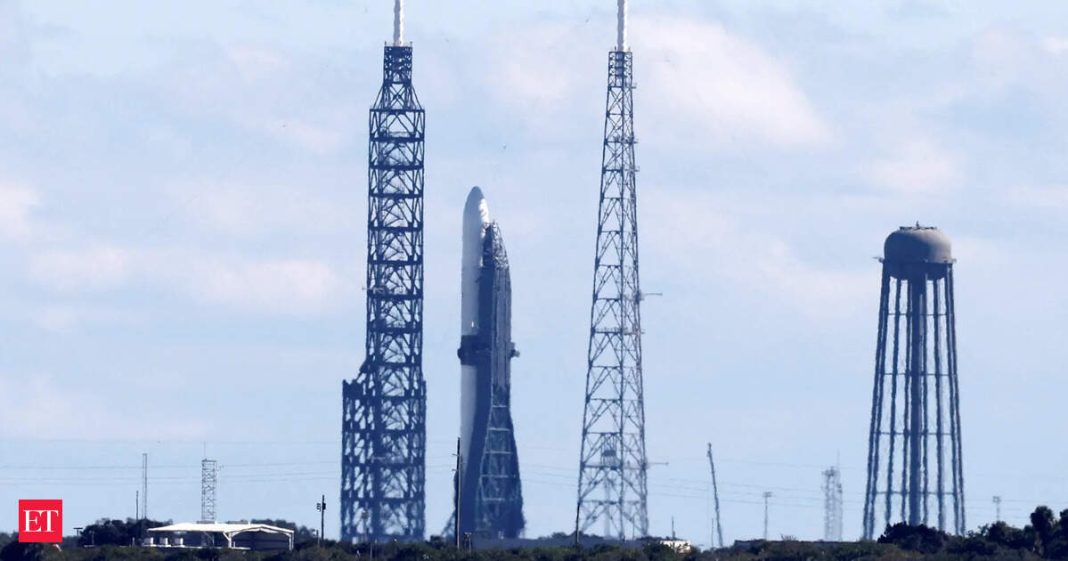Blue Origin Reschedules Mars Satellite Launch After Weather Delays
Blue Origin’s New Glenn rocket is set for another launch attempt this Thursday, carrying two NASA satellites designed to study space weather around Mars. The mission was previously scrubbed twice due to heavy cloud cover and a severe geomagnetic storm.
Key Launch Details
- New Launch Window: Thursday, starting just before 3 p.m. (2000 GMT)
- Location: Cape Canaveral Space Force Station, Florida
- Duration: 90-minute launch window
- Weather Outlook: Improved conditions with diminished solar activity risk
Mission Significance
This flight represents a major milestone for Blue Origin as the company’s first major science mission for a paying customer and its first launch since the inaugural New Glenn flight in January. The 32-story tall rocket will deploy two Mars-bound satellites for NASA’s EscaPADE mission.
Why the Previous Delays?
Sunday’s launch was scrubbed due to heavy cloud cover, while Wednesday’s attempt was canceled because of a severe geomagnetic storm. The storm reached G-4 “severe” levels on Wednesday but is expected to fade by Thursday, according to the U.S. Space Weather Prediction Center.
Understanding Geomagnetic Storms
Geomagnetic storms, caused by coronal mass ejections from the sun, can disrupt satellite communications and increase atmospheric drag on spacecraft. The recent storm produced spectacular Northern Lights displays across the United States, visible as far south as Texas and Florida.
EscaPADE Mission Objectives
Ironically, the twin EscaPADE satellites (Escape and Plasma Acceleration and Dynamics Explorers) are designed to study similar space weather phenomena around Mars. After a 22-month journey, the spacecraft will orbit Mars in tandem to analyze how solar particles interact with Mars’ magnetic field and atmosphere.
The mission aims to understand how these interactions have caused Mars to lose much of its atmosphere over time.




